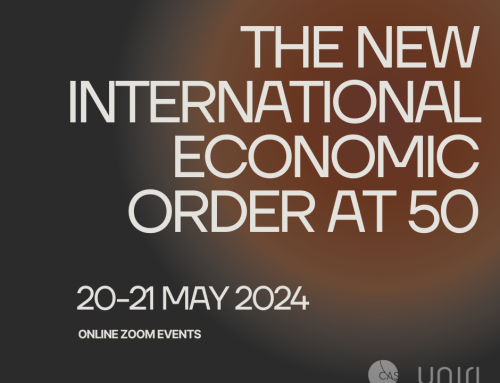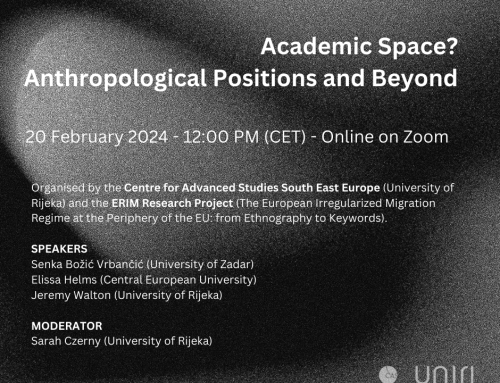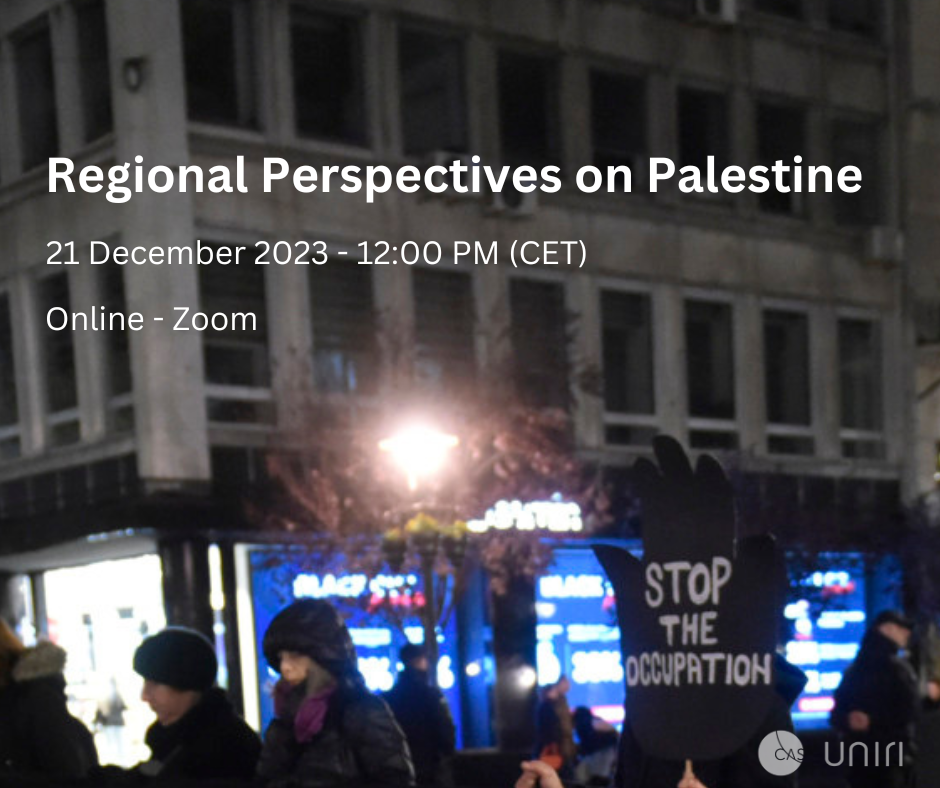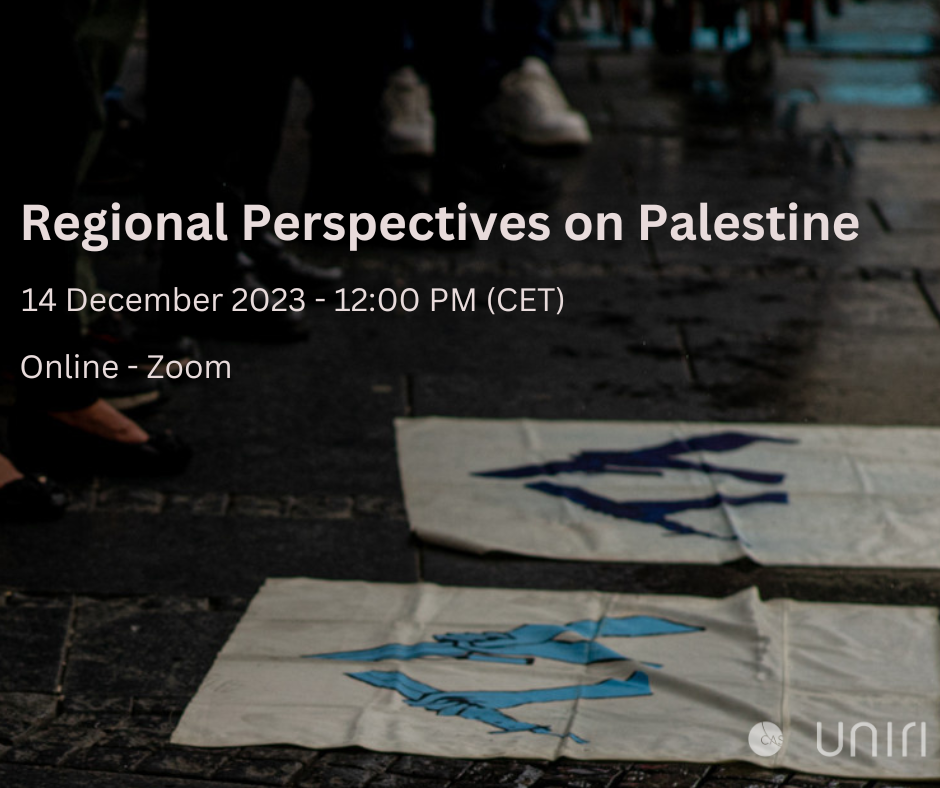Linguistic Landscape Studies in the Post-Conflict Society: Opportunities and Challenges
Persisting bottom-up discourses of former open conflicts between the different national groups of former Yugoslavia can be perceived in the landscape of the former ‘Serbian Krajina’ in today’s Croatia. Next to legacies of the violent war in the physical landscape (such as ruins, danger signs of land mines, monuments) it is the linguistic landscape of the former war zones that portrays glaring social (ethnical and religious) borders in this previously diverse and heterogeneous area. Instead of a ‘corporate sense’ of Yugoslavia, manifested in the maxim of ‘bratstvo i jedinstvo’, there are still obvious trends of enduring (ethno)nationalism and rehabilitated traditionalist and populist discourses. This seminar will provide central results of an ongoing research project on the linguistic landscape in two rural regions and former war sites in peripheral Croatia, which, next to the physical border between Croatia and Bosnia and Croatia and Serbia, point to the existing inner borders between ethnic groups in the areas researched. The examination of the wealth of signs of ethnic and nationalist tension in the public space (as shown by written messages on house walls, road signs and other public surface) will be at the center of the presentation. The influence of the 1990s’ war and the status of this area as a ‘post-conflict site’ is of particular analytic importance for the research presented. By means of an ethnographic perspective, linguistic signs in public space, their political messages, the corresponding ideological origin and their temporality will be discussed.
Roswitha Kersten-Pejanić completed her PhD thesis about the interrelation of linguistic norms and gender perceptions in Croatian in 2016 at the Center of transdisciplinary gender studies, Humboldt University. She holds a magister degree in History and Serbian/Croatian from Humboldt University and a master degree in EU Studies from the Centre International de Formation Européenne. From 2010-2018 she also worked as a lecturer at Humboldt-University and from 2016 until 208 she was a trainer and tutor for EU application writing at EUFRAK-EuroConsults in Berlin.
Since June 2018 Roswitha is a research fellow at the Center for Advanced Studies – South Eastern Europe in Rijeka, Croatia, where for the next two years she will be working on her post-doc project “Linguistic Landscapes at the margins: Performativity of ethnic belonging and memory politics in Croatian post-conflict border regions”. She receives funding for this project from the German Research Foundation (DFG).
The seminar was held at the University of Rijeka on January 29, 2019.





